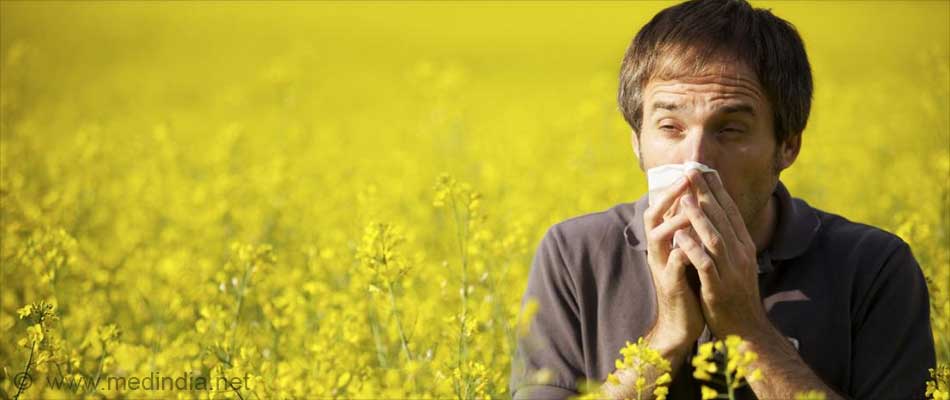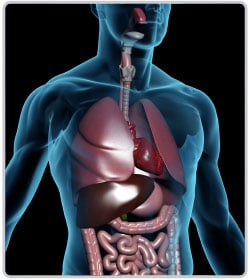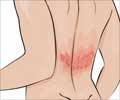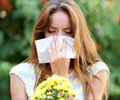- Hay Fever - (https://medlineplus.gov/hayfever.html)
- Eriksson NE, Formgren H, Svenonius E. Food hypersensitivity in patients with pollen allergy. Allergy. 1982, 37(6):437-43
About
Do you experience a bout of sneezing, runny nose and irritable eyes that precipitates eczema or asthma in some seasons, say, summer or fall. If the answer is yes, then you probably are suffering from pollen allergy. It is also known as seasonal allergic rhinitis or simply, hay fever. One in seven people worldwide suffer from pollen allergy.
Most important factor in the development of allergies is the exposure to allergens at point of time when the body's defense mechanisms are lowered such as immediately after a viral infection, during puberty, or sometimes during pregnancy.
People with pollen allergies have a tendency to develop sensitivities towards other troublemakers like dust and mold. Well, everyone doesn’t become allergic to pollens! You suffer from hay fever only when you are allergic to pollens. Pollens can trigger an allergic reaction when they land on your body and cause your body to produce histamines. For example, when allergy-causing pollens come in contact with the mucous membrane of your nose, they start a chain reaction which results in the release of histamines. This chemical dilates the small blood vessels in the nose and causes fluids to escape through these vessels. This results in nasal congestion. Histamine secretion triggers itching and irritation.

Do not take medicines for pollen allergy without consulting your doctor. Sometimes there may be an underlying condition that causes pollen allergy. These are known as hidden causes. The doctor will treat your allergy based on the symptoms and diagnosis. Taking any medication without consulting a healthcare provider can actually worsen the allergy.
The immune system of our body functions as the body's defense against invading agents. However in case of allergic reactions, the immune system starts responding to a false antigen. In case of pollen allergic persons when our body comes in contact with a pollen, their immune system starts the immnune defence mechanism and start treating the pollen as an invader. The immune system starts generating large amounts of antibodies (called immunoglobulin E, or IgE). The antibody specific to each type of pollen starts reacting and defending against that pollen category. These IgE molecules attach themselves to the body's mast cells thereby ensuring protection of body against a repeat attack. When the pollen next encounters the IgE, the allergen attaches to the antibody like a key fitting into a lock, signaling the mast cells to produce powerful inflammatory chemicals like histamines, prostaglandins, leukotrienes, and others. The effects of these chemicals on various parts of the body cause the symptoms of allergy.
In people who are not allergic to pollen, the mucus in the nasal passages moves these foreign particles to the throat, where they are swallowed or coughed out. When the allergy-causing pollen lands on the mucous membrane of the nose, a chain reaction occurs which leads mast cells in the tissues to release histamines. This chemical dilates the blood vessels in the nose causing nasal passage to swell resulting in nasal congestion.

















